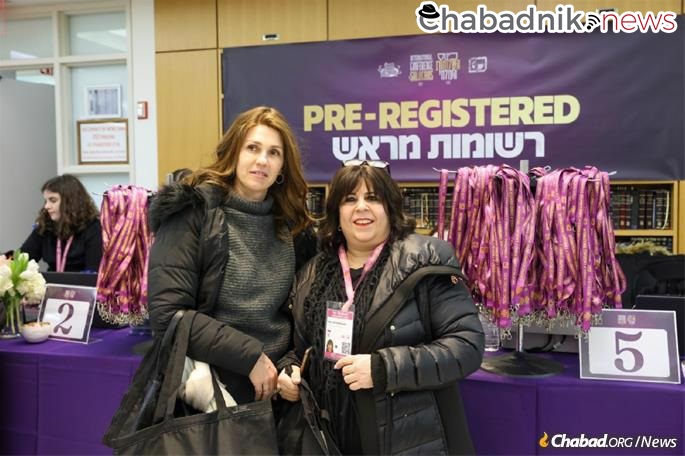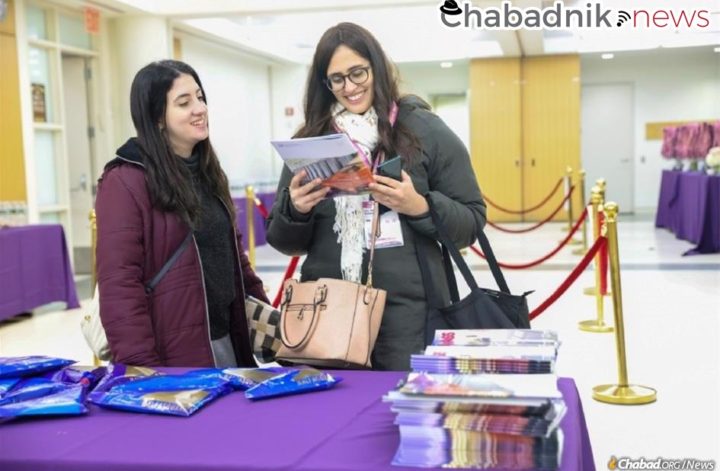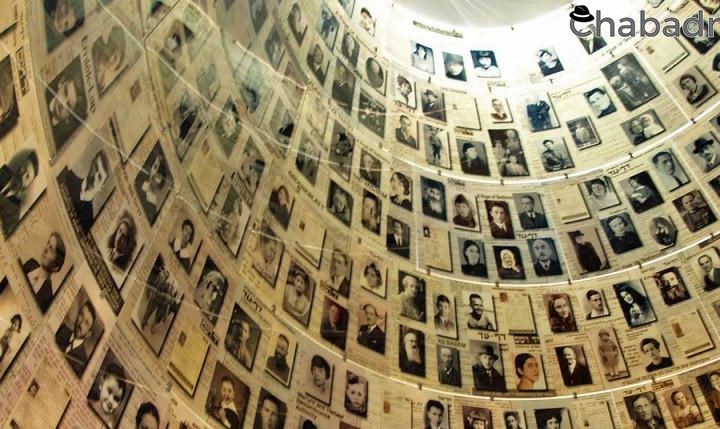Sessions at 31st annual conference held in person and live streamed around the world
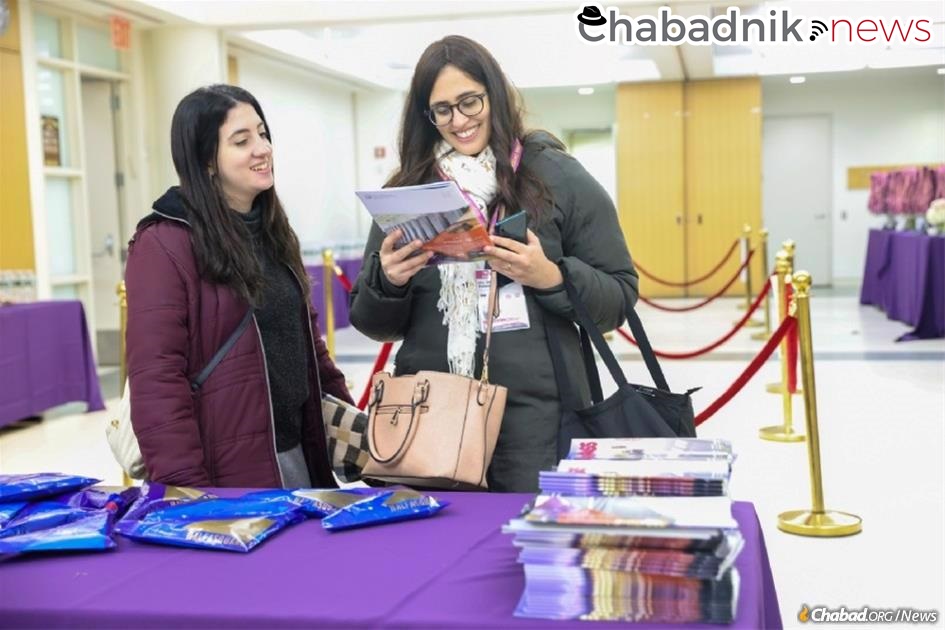
Thousands of leaders and role models in communities around the globe are joining together in person and online for the annual International Conference of Chabad-Lubavitch Women Emissaries (Kinus Hashluchos in Hebrew), which encompasses six days of camaraderie, bonding. learning and inspiration as they reconnect with their sister emissarieson six continents and more than 100 countries and territories.
For the many emissaries who struggle to leave behind their families and communities for the weekend, this year’s conference will provide the flexibility to tune in when they can, from where they can, say organizers. All sessions will be both in person and live streamed, giving participants the chance to connect in a way that is best for them. “There is a lot of excitement around this new format,” Rivkie Kahanov, co-director of Chabad-Lubavitch of Northeast Florida and a member of the Kinus executive committee, tells Chabad.org.
The thousands of women leaders are at the forefront of Chabad’s staggering growth, including over the course of the coronavirus pandemic, which saw more than $100 million raised in Chabad capital campaigns across the country. Those figures dovetail with the findings of the Pew Research Center’s 2021 study of Jewish American life that two in five Jewish adults (38 percent, or 2.2 million people) report engaging with Chabad-Lubavitch. The Pew data also shows that Chabad attracts a diverse population—more than half of all participants personally identify as Reform, Conservative or unaffiliated.
The online format also means that a wider pool of contributors and panelists are available to lead the session and workshops. “Online sessions give a voice to some of those we don’t normally hear from,” says Ella Potash, co-director of Chabad of Redwood City, Calif., who explains that some people are hesitant to speak up at a crowded conference, while the online environment can make listeners into more active participants.
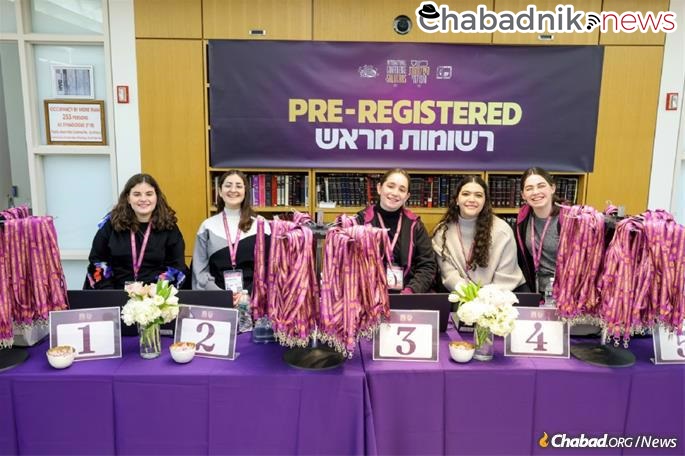
She added that online sessions mean that it’s easier to jump from one session to the next from the comfort of one’s own home. “I’m very much looking forward to the Kinus and being able to reconnect with other shluchos in similar circumstances,” she says.
For those who prefer it, in-person attendance will be an option with smaller groups convening in a safe manner, following all current New York City health guidelines and the recommendations of the conference medical advisory board.
While current health realities make the yearly banquet unfeasible, emissaries will still gather online and in person to mark the passing of Rebbetzin Chaya Mushka Schneerson, of righteous memory, on 22 Shevat, beginning sundown on Sunday Jan. 23. Additionally, the conference participants in Brooklyn will make the trip to the Ohel on Sunday night and finish the conference with a small celebration—a culmination marking a weekend of reinvigoration and unity.
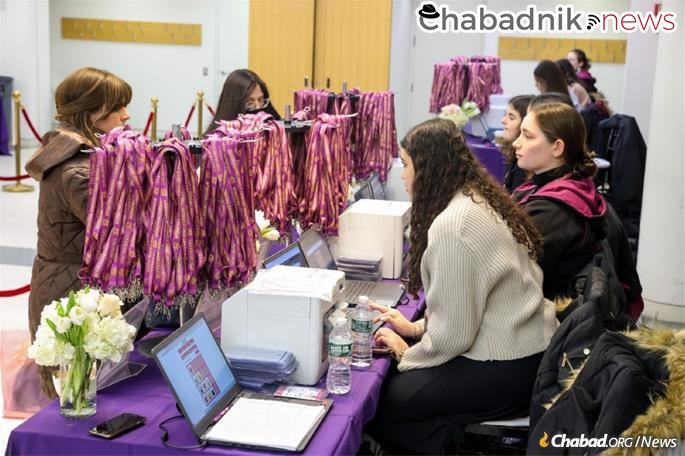
The conference began in 1991 with 65 attendees at the behest of the Rebbe—Rabbi Menachem M. Schneerson, of righteous memory.
“We hope that we will all be able to safely gather physically very soon,” says Kahanov. “The theme of this year’s conference is the role of women in bringing Moshiach, who will end all sorrow and suffering, and reunite us all once again in Jerusalem.”
